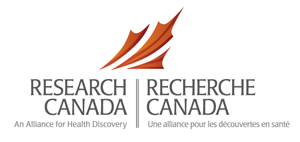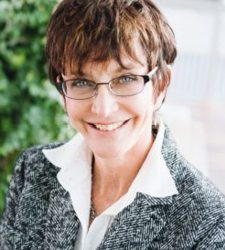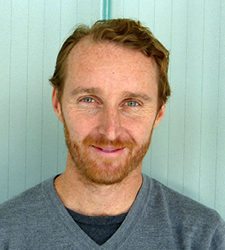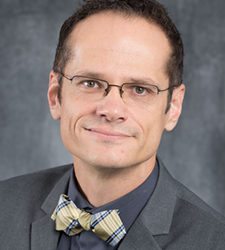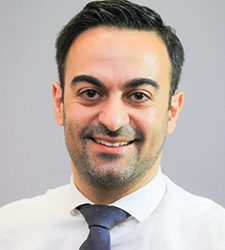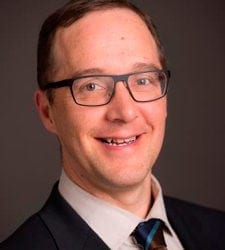Dr. Brenda Andrews is a leader in the field of large scale genetics and genome biology that aims to understand how thousands of genes and their protein products work together in the cell. Last year, Dr. Andrews’ team and their collaborators developed a deep learning algorithm, DeepLoc, that can track protein movement in cells...
Researcher Profiles: Artificial Intelligence and Machine Learning
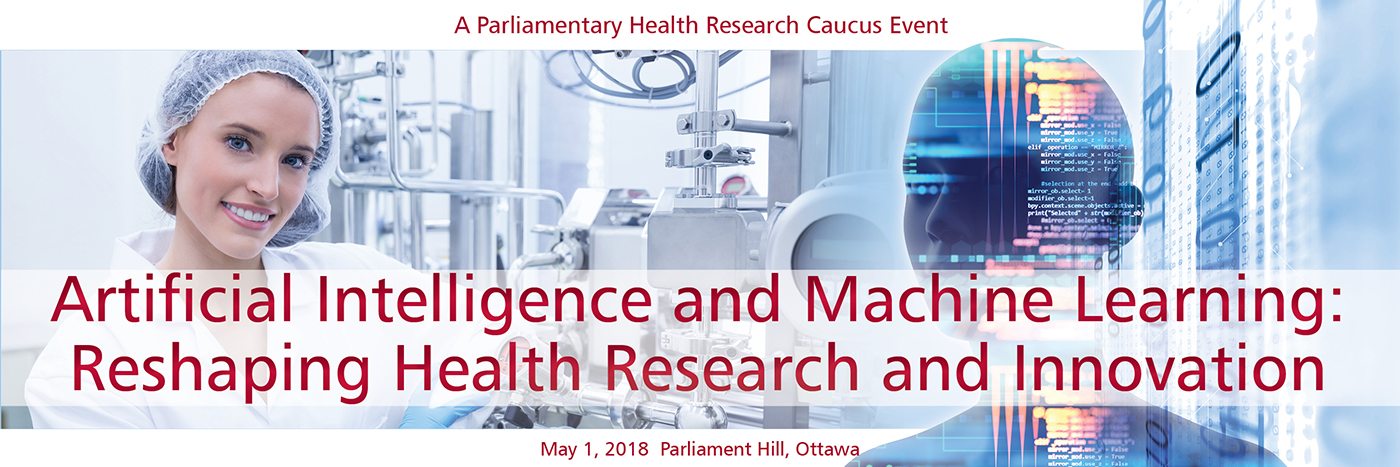
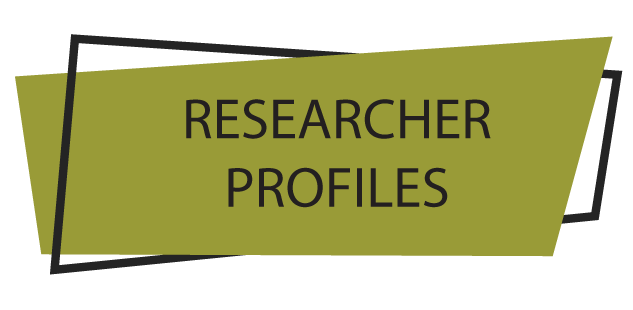
Artificial Intelligence and Machine Learning: Reshaping Health Research and Innovation
Artificial intelligence (A.I.) is the science of building and programming a machine that’s able to imitate human cognition. Canada is home to some of the brightest minds in the field of artificial intelligence; it has been at the academic forefront of this field for over 30 years.
Artificial intelligence presents boundless opportunities to transform human health. Already, it’s aiding in the discovery of new drugs and helping to create better, faster medical diagnostics. It’s not difficult to imagine a time in the near future when A.I. is able to reliably predict and intercept disease before symptoms arise.
Theoretically, A.I. can take a person’s genome and recommend treatment options, while limiting or even eliminating side effects. A.I. can streamline drug development to be sure investigators study avenues which show the most promise and help identify previously undiscovered pathways that could lead to new treatments and therapies. The emergence and increasing use of artificial intelligence and robotics will have a significant impact on healthcare systems around the world.
Click the names below for the complete biography.
Dr. Guillaume Bourque is a leader in the field of Computational Genomics and Epigenomics. He is the Director of Bioinformatics at the McGill University and Génome Québec Innovation Center, the Director of the Canadian Center for Computational Genomics and the Director of the McGill Epigenomics Mapping Center...
Dr. Mark Daley and his research team are devoted to the development of computational and mathematical methods and techniques for modelling, probing, and understanding our world. Dr. Daley and his team have made contributions to a diverse range of disciplines including neuroscience, astrophysics...
Dr. Phedias Diamandis is using Artificial Intelligence (AI) to train computers to objectively differentiate brain tumor types, an improvement over microscopic analyses by doctors that are somewhat qualitative and prone to interpretive errors. Training involves exposing computers to a large series of images with known clinical outcomes ...
Thomas G. Purdie, PhD, Princess Margaret Cancer Centre, University Health Network and University of Toronto Dr. Tom Purdie is a Medical Physicist at the University of Toronto and the Princess...
